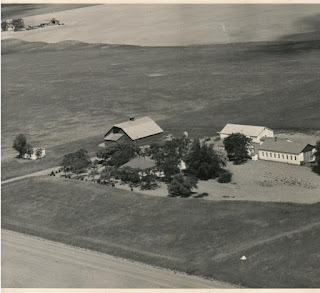Youthful Insights
He might not remember,
because he was only three, but as my grandson and I left a grocery store there
was a man holding a sign that said “Hungry”.
He asked us for spare change. I’d
seen the man often—he was a fixture on one of the main streets. His face bore
the weariness of alcohol abuse. But I knew our town provided access to food—he
didn’t need to beg.
This was too much information
for a little boy, but since he might not understand why I’d ignore a man asking
for help, I dug into my grocery sack and gave him a couple bananas and a few
cheese sticks that I’d bought for my grandson. We moved on.
Fast forward a decade. I just
read my grandson’s middle school assignment. He was explaining about poverty in
our world. His essay detailed how poverty causes much of the world’s hunger
issues. He also discussed poverty’s other problems, and I told my grandson that
I admired his research.
I’ve been researching poverty
too. It’s prevalent where I live and affects the school where I volunteer. We’d
all like to see poor kids grow up and out of poverty. Folks my age may remember
the government’s “War on Poverty” (1964). We have yet to win that war, but it’s
not for lack of money (see graph). Poverty has deep roots.
However, my grandson suggested
a simple solution. Just help. Volunteer our time to organizations that work
with those in poverty. It’s not just money they need, it’s offering ourselves. (He’s
seen his dad hire and work with young men that others might not employ. Their
church helps the poor nearby and abroad.)
His final sentence proposed the
tougher solution—elect politicians that will solve the problem. Ah, I’m a bit
too old and skeptical for a political solution. But perhaps, with enough
like-minded youth, they will one day be
the politicians that can do this.





